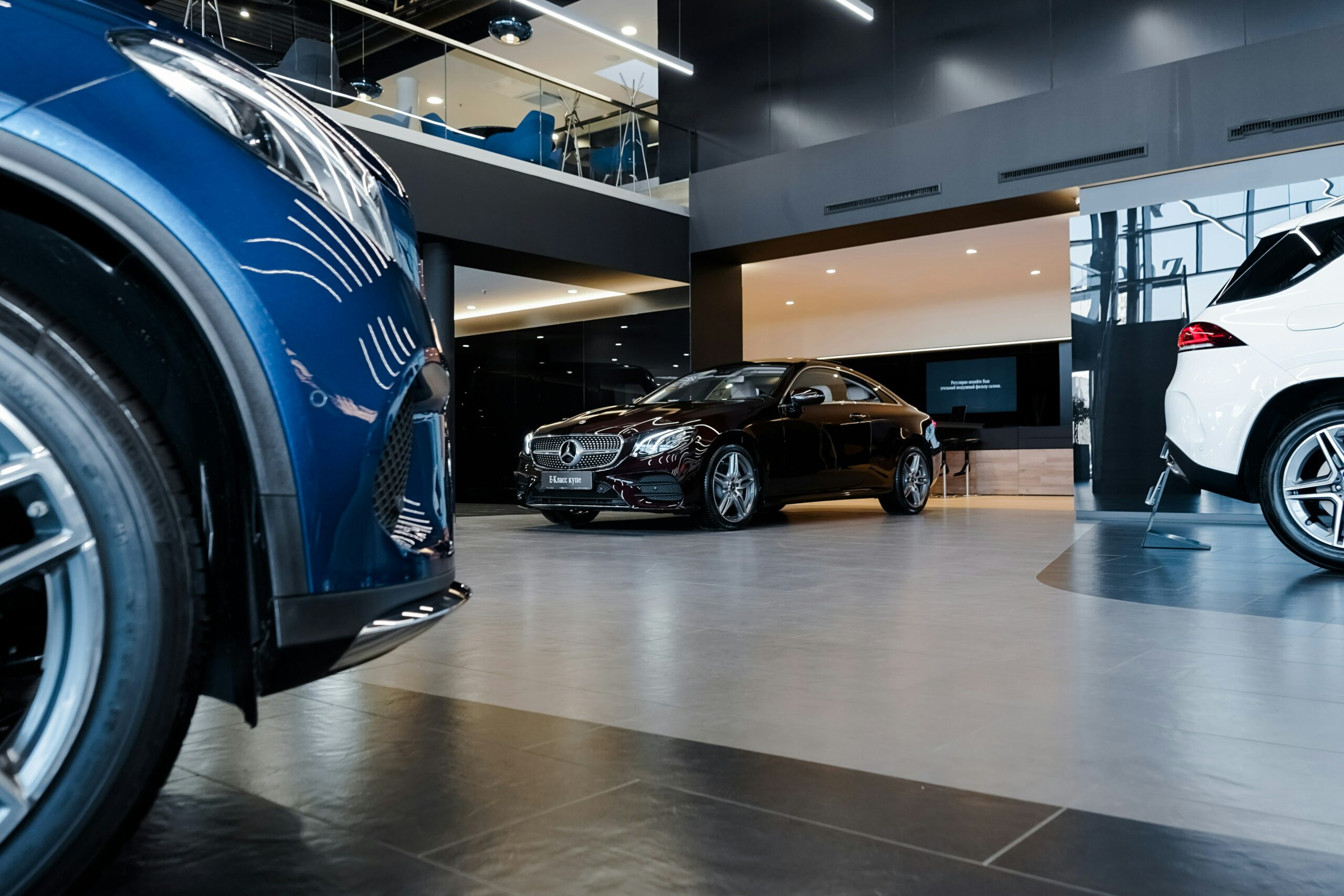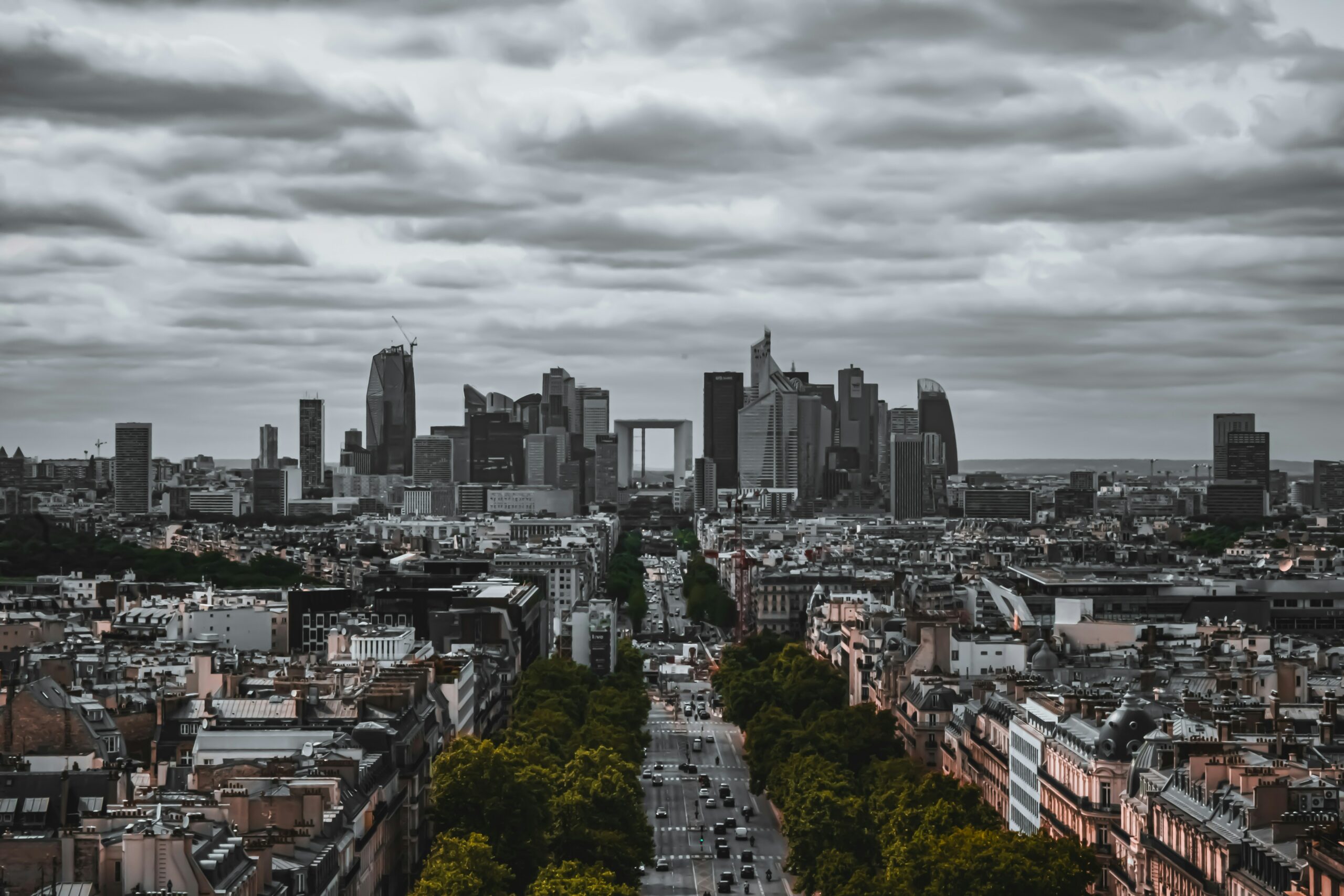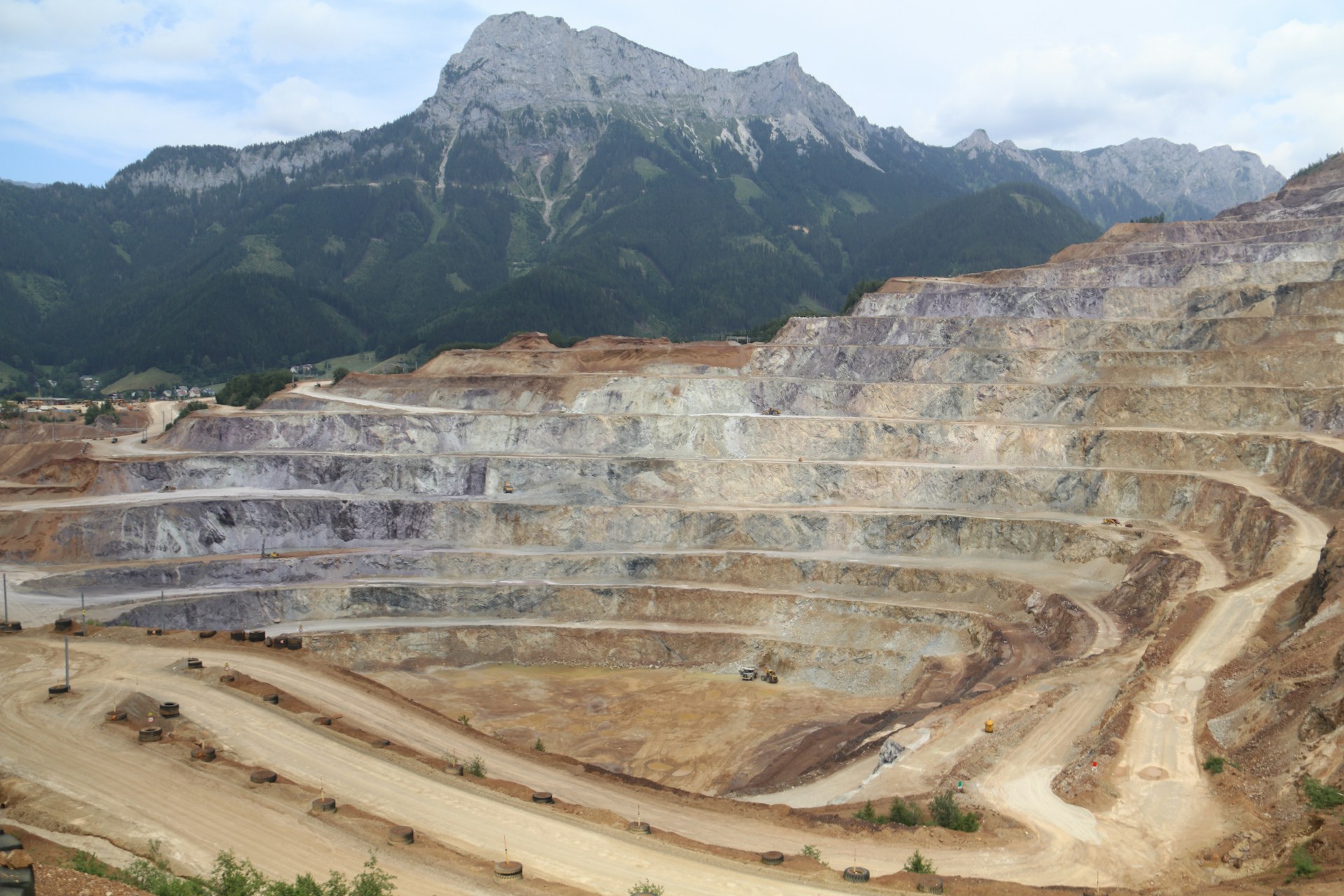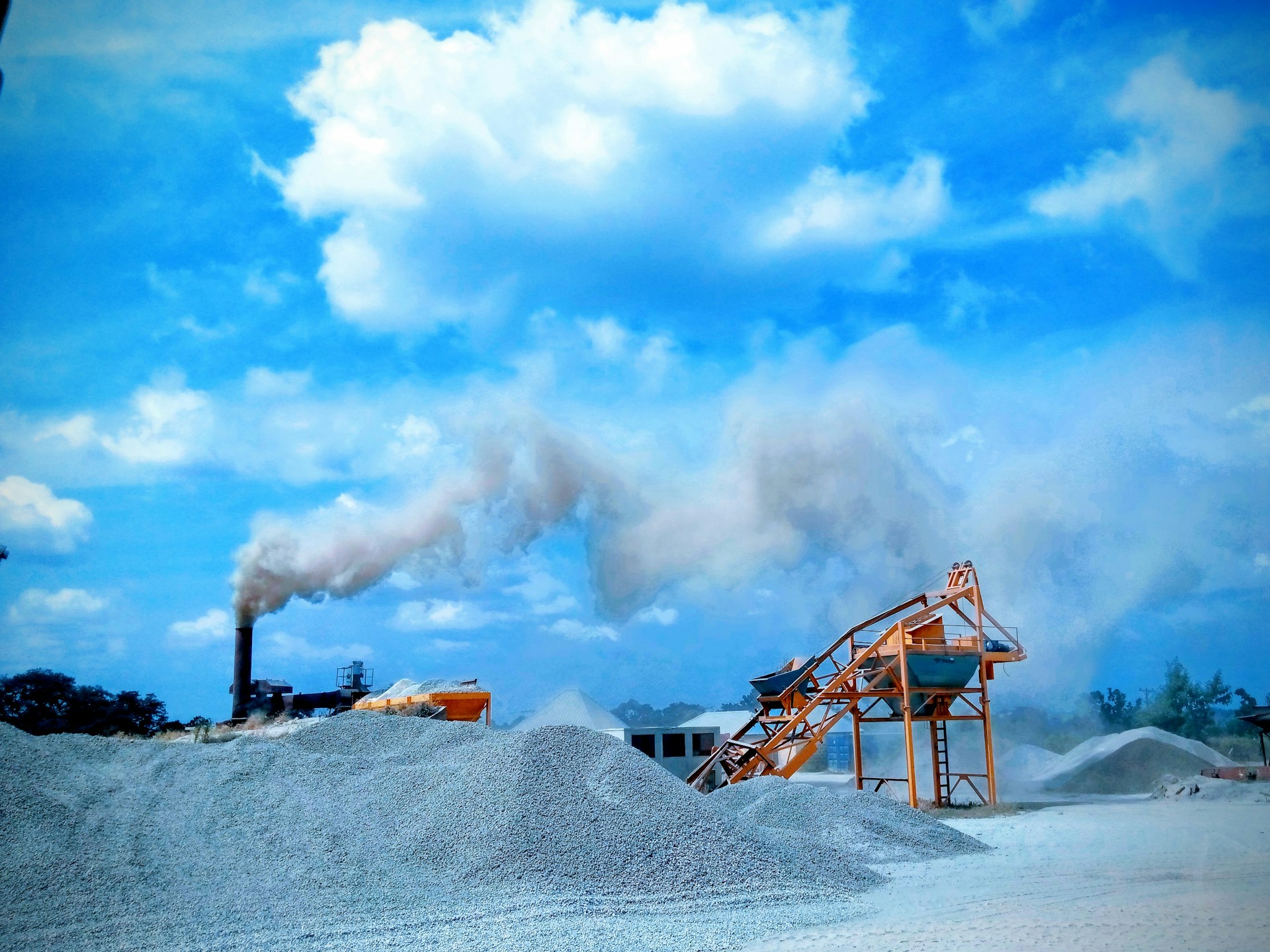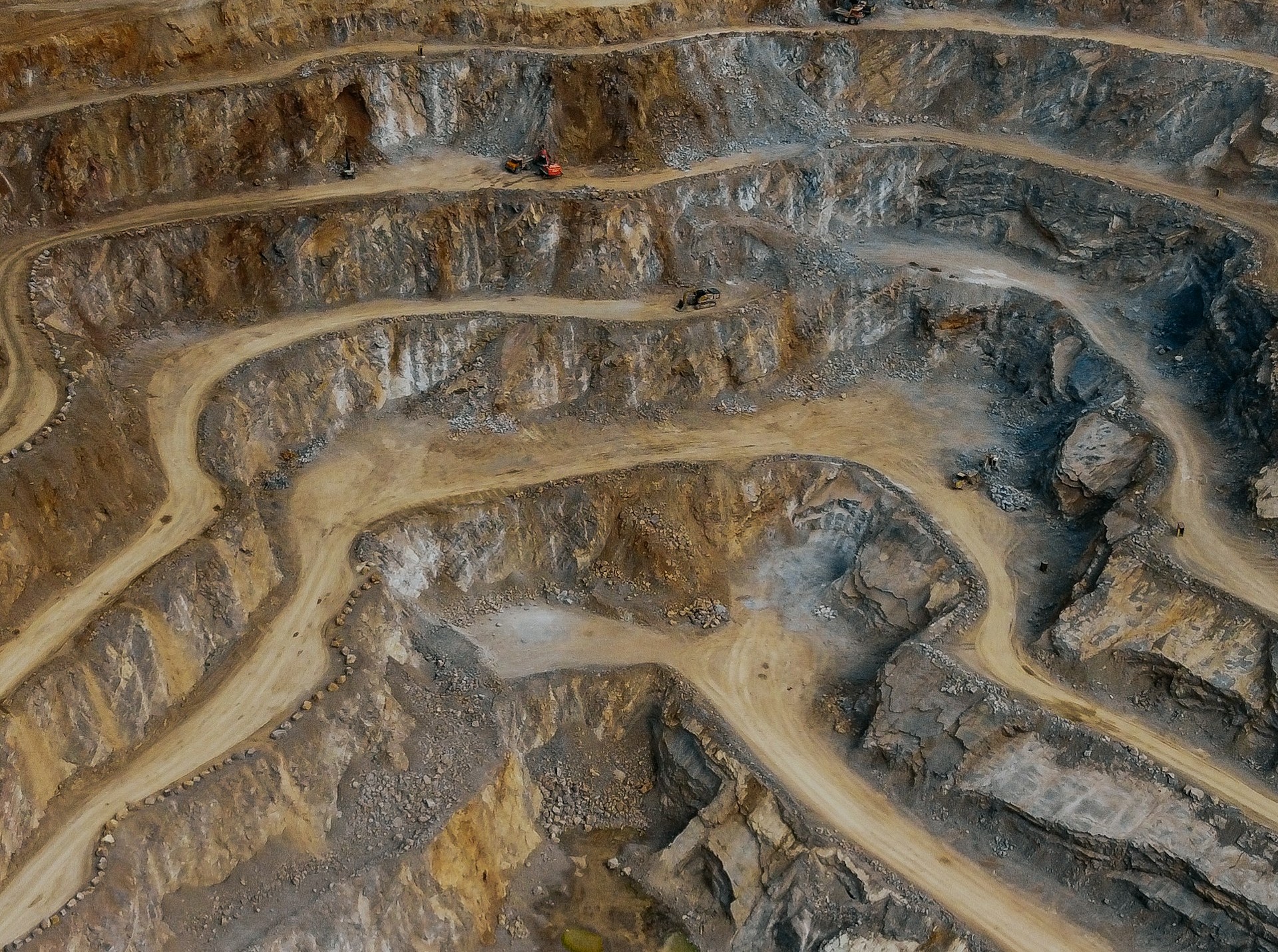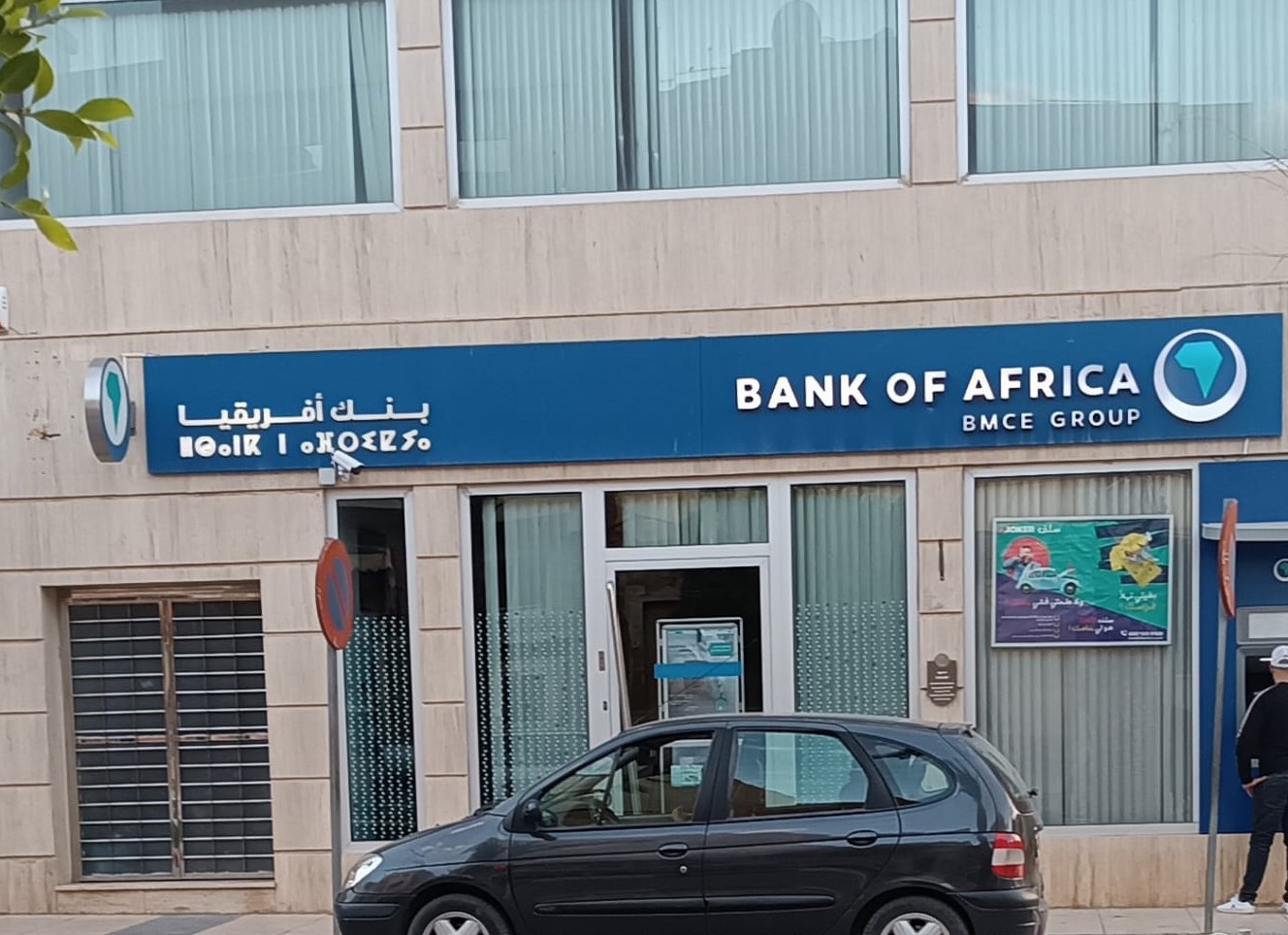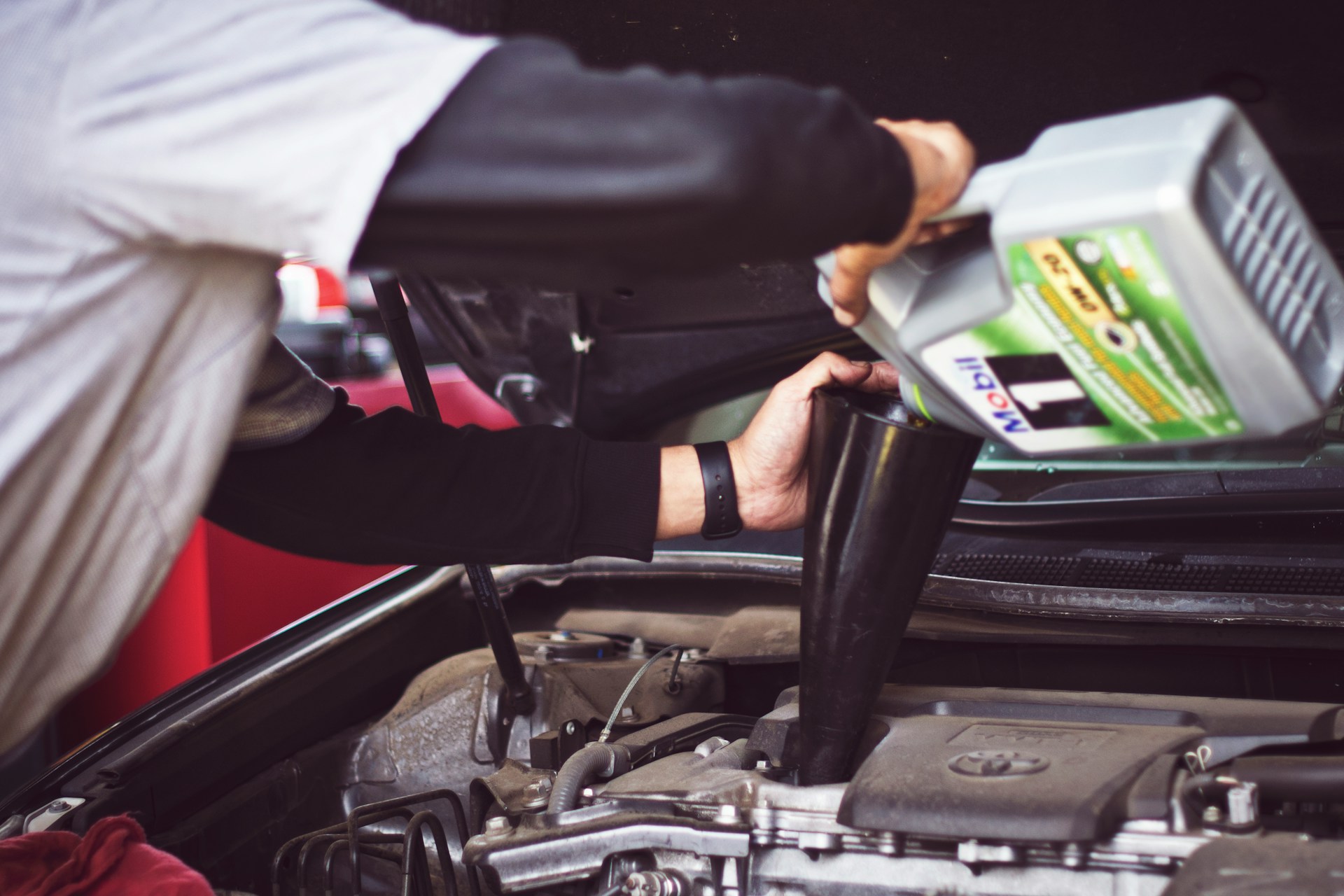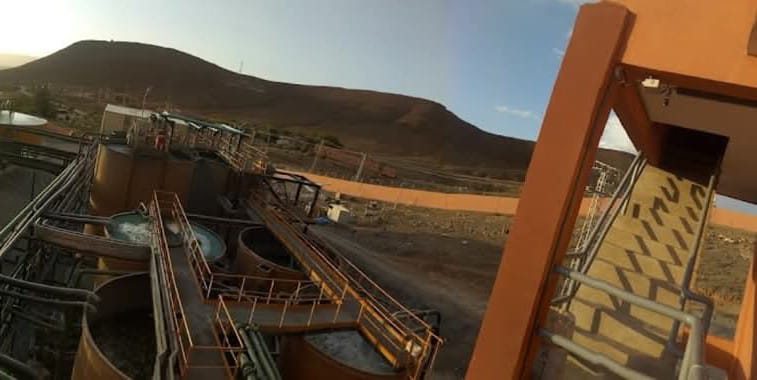Casablanca – Adel Bannani, the President of the Association of Automobile Importers in Morocco, revealed on Monday in Casablanca that Morocco witnessed total sales of 161,504 new cars in 2023, a modest increase from the 161,410 cars sold in 2022.
During a press briefing dedicated to summarizing the 2023 automotive market performance, Bannani delved into the intricacies of the macroeconomic landscape impacting demand and the gradual recovery of supply. This environment resulted in a marginal 0.1% year-on-year uptick in sales.
He elucidated that multiple factors contributed to this near-stability. Firstly, the mounting inflation, an economically challenging backdrop, and the overall high cost of living have put a significant strain on consumers’ wallets, affecting their ability to afford cars. Secondly, the high cost of fuel added to the financial burden, making car ownership a more significant expense for consumers.
Zooming in on specific car categories, Bannani highlighted two prominent segments: urban cars, primarily represented by “Dacia,” and Sports Utility Vehicles (SUVs), which experienced a noteworthy 6.9% growth. This preference for “Dacia” vehicles is likely due to their low purchase price and accessible financing options.
In the realm of financing and buyer demographics, loans constituted 55% of sales. Over the past three years, car prices have surged by a substantial 30%. Bannani noted that 17% of purchasers are aged below 30, with the average buyer’s age hovering around 43 years.
Regarding engine types, Bannani shared insights that gasoline-powered cars saw their market share slightly decline by 0.8% in 2023 to 14%, whereas “diesel” engines experienced a modest 0.7% uptick, securing an 85.8% market share. Furthermore, the sales momentum of alternative engine vehicles became evident, with a remarkable 133% surge in sales, reaching 463 units.
In this context, Bannani acknowledged the burgeoning presence of players in the market for non-thermal engine cars, a phenomenon fueled by expanding supply and heightened competition. In 2023, the Moroccan market witnessed the introduction of 24 brands and 82 models, compared to 18 brands and 71 models in 2022.
In the geographical spectrum, Casablanca retained its top position in private car sales in 2023, commanding a 40.7% market share, albeit with a minor 2% dip compared to 2022. Rabat followed, experiencing marginal growth of 1.1% to attain a 10.7% market share, which is intriguing, given the availability of public transport in the form of trams in those cities. Meanwhile, Agadir (7.9%) secured the third position, surpassing Marrakech (7%).
Looking ahead, Bannani emphasized that 2024 is expected to be marked by uncertainty, influenced by logistical fluctuations, intensified competition, and initiatives aimed at stimulating the local Gross Domestic Product (GDP) through public demand.






